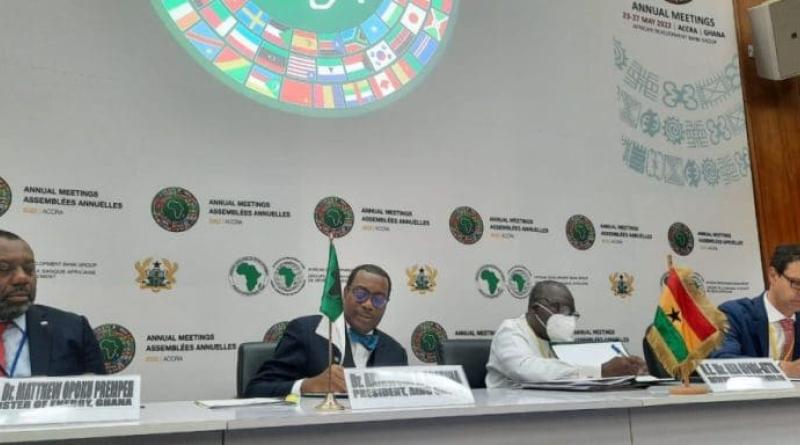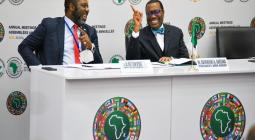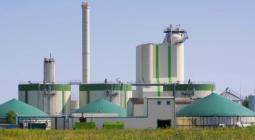GHANA: Government Secures $70m For Off-Grid Solar Electrification

The African Development Bank (AfDB) has signed a $69.88 million financing agreement with the government of Ghana. The funds are earmarked for the implementation of a rural electrification project via stand-alone solar systems.
The financing agreement was signed between Ghana’s Finance Minister, Ken Ofori-Atta and Akinwumi Akin Adesina, the President of the African Development Bank (AfDB) Group. This was on the sidelines of the Annual Meetings of the pan-African bank which ends this Friday, May 27, 2022 in Accra, Ghana. The AfDB has agreed to lend US$ 69.88 million to the Ghanaian government.
The financing is granted within the framework of the Scaling-up Renewable Energy Programme (SREP) which aims at accelerating access to electricity. Ghana is among the most advanced countries in sub-Saharan Africa in terms of electrification, with a rate o84% according to Power Africa. But Accra wants to accelerate the trend in rural areas by focusing on stand-alone solar systems.
The use of autonomous solar systems
Thus, with AfDB funding, the Ghanaian government intends to implement the SREP through two major components. The first is the installation of 38 solar-powered mini-grids to provide electricity to public service structures, including 2,000 SMEs (small and medium enterprises), 1,350 schools, 500 health centres and 400 rural communities.
The other part of the programme aims to install 12,000 rooftop solar systems for businesses and households. The aim is to reduce debts and electricity bills. “This project will increase access to clean and reliable electricity services and support Ghana’s low carbon socio-economic development. It will directly support Ghana’s efforts to build resilience to the socio-economic impact of the Covid-19 pandemic,” says Akinwumi Akin Adesina.
The SREP programme will be implemented between 2022 and 2025. The Ghanaian government hopes to achieve universal access to electricity by focusing on clean energy. Currently, the West African country produces mainly hydro, solar and biomass energy to supplement the production of its numerous thermal power plants.
Jean Marie Takouleu | https://www.afrik21.africa/





